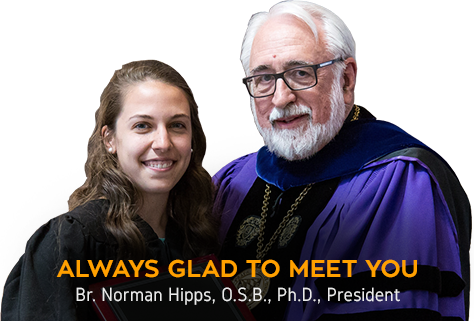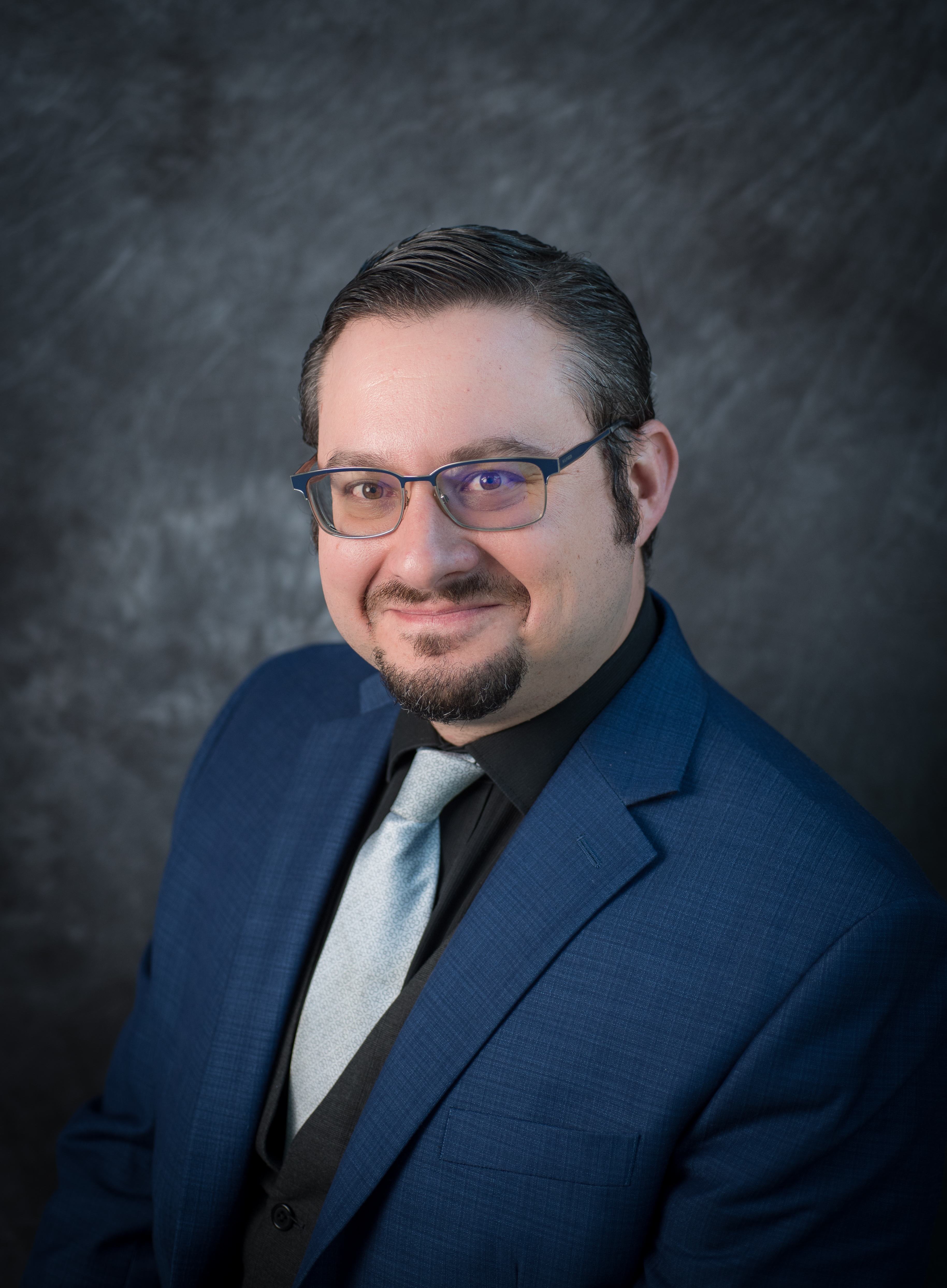Operational Excellence (OE) is a management philosophy that focuses on improvement, problem solving, and waste reduction in organizations. A strong focus on this philosophy is not too common at many academic institutions and so Saint Vincent is lucky to offer this unique perspective at the undergraduate (minor) and graduate (OE emphasis in the MS in Management) levels. Those schools that do focus on OE tend to have programs in the engineering departments. At Saint Vincent, ours resides in the business department. A reason for this difference is that our program is more focused on people and culture as well as implications of OE throughout an organization.
As director of our Master of Science in Management: Operational Excellence (MSMOE) program, there are several myths and misconceptions that I often hear about OE. Four of the most common are addressed below.
OE is about implementing tools
OE is fundamentally about the culture that exists in an organization. To truly work toward OE, organizations must have particular principles (such as respect, the importance of proper stewardship, etc.) as their underlying assumptions that drive their values and the behaviors of organizational members. At a recent event, we welcomed an executive focused on operations from one of our partner organizations. He told the audience that for OE to be accepted in an organization, it needs to be in a culture’s blood. Cultures that do not truly care about the principles of OE and do not take a long-term approach to implement OE initiatives will fail. Organizations that implement OE tools (such as kaizen events, andons, kanbans, value stream mapping, etc.) for short-term benefits will see little to no improvement unless their cultures truly care about OE values.
OE is about efficiency at all costs
When implemented correctly, OE should be very people-focused. In true OE environments, no employees would be laid off when processes are made more efficient. However, this is a major concern of some employees. Some organizations unfortunately use improvement philosophies to justify layoffs and headcount reductions. This is why some employees resist in implementing OE. True OE cultures recognize the fundamental importance of people and seek to provide assurance that employees will not be let go as processes become more efficient. Similarly, true excellence-focused cultures are concerned with proper stewardship of resources. Drs. Hisker, Godwin and I found that this aspect of OE is closely aligned with Pope Francis’ teaching stated in this “Laudato Si” encyclical. Our paper (published in 2017 in the Journal of Biblical Integration in Business) on the topic is available here: https://www.cbfa-cbar.org/index.php/jbib/article/view/468/480.
OE is only for manufacturing environments
Despite its relevance to a wide variety of contexts, I still often hear the inaccurate statement that OE is only for manufacturing organizations. The OE philosophy focuses on continuous improvement, waste reduction and problem solving. It also allows for better quality products and services for customers and greater empowerment for employees. I personally can’t think of any organization that would not benefit from these ideals. The backgrounds of the students in our graduate programs support this belief. In the MSMOE, we have students with backgrounds in IT, HR, education, social services, health care, aviation and other industries/roles in addition to manufacturing. OE is especially helpful in creating a change-oriented mindset in organizations thus making them more agile. Such an ability to change is crucial as organizations continue to face uncertainty.
OE is impossible to achieve
This myth is perhaps partially true. OE is a journey; it is not a destination. This is, of course, because organizations will always have something that they can improve upon. The process of improvement should never stop and thus a perfect organization will never truly be achieved. However, organizations that adopt more of an OE mindset will be better equipped to continuously improve (and thus be more sustainable) into the future.
Do you think OE could work for your organization? Do you agree with our approach to OE? I’d love to hear from you. Email me at michael.urick@stvincent.edu or link with me via Facebook and LinkedIn.
Dr. Mike Urick
Urick, M. J., Hisker, W. J., & Godwin, J. L. (2017). Management response to Laudato si: An operational excellence perspective. Journal of Biblical Integration in Business, 20(2). Available online.


 中国学生
中国学生 Estudiantes
Estudiantes




